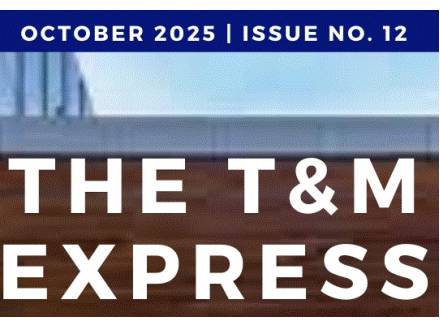From Crime Scene to Courtroom: The Role of Forensic Evidence
 How Forensic Evidence Affects Criminal Defense
How Forensic Evidence Affects Criminal Defense
When facing criminal charges, many people worry about forensic evidence. Popular TV shows often make it seem like DNA, fingerprints, or digital records automatically prove guilt. In reality, forensic evidence is just one part of the case, and how it’s handled can be just as important as what it shows. Understanding how this evidence works—and how it can be challenged—is essential for anyone involved in the criminal justice process.
Types of Forensic Evidence
Forensic evidence includes a wide range of materials and technologies:
- DNA testing: Often used to identify or exclude suspects.
- Fingerprints: Considered reliable but not infallible.
- Digital footprints: Emails, texts, GPS data, and online activity can all be traced.
- Other forms: Ballistics, toxicology, blood spatter, and more.
Each type can shape a case, but none are perfect. Errors in collection, testing, or interpretation do happen.
Challenging the Legality
Even when evidence seems strong, its legal validity matters. Was it collected with a proper warrant? Was the chain of custody maintained? Were the right testing procedures followed? If the answer is no, a defense attorney may be able to limit or exclude that evidence in court.
The Role of Experts
Forensic findings don’t explain themselves. Experts interpret data, run tests, and testify about results. Defense attorneys often work with independent experts who can:
- Re-examine DNA or fingerprint samples.
- Review lab procedures for errors.
- Identify flaws or bias in the prosecution’s methods.
Expert testimony can be critical in showing why evidence may not be as reliable as it first appears.
How Evidence Shapes Defense Strategy
Prosecutors often rely heavily on forensic evidence, but its impact depends on accuracy and process. Incorrect or flawed results can weaken their case and strengthen the defense. For this reason, an effective defense strategy doesn’t just accept forensic reports at face value—it questions them at every stage.
Key Takeaway
Forensic evidence is powerful, but it is not perfect. In criminal defense, strategy involves carefully examining how evidence was gathered, tested, and presented. If you or a loved one are facing charges, understanding the role of forensic evidence—and working with an attorney who knows how to challenge it—can make a significant difference in the outcome of your case.
Bottom Line
Forensic evidence doesn’t automatically prove guilt. The right legal strategy can expose errors, protect your rights, and change the direction of a case.
If you have questions about how forensic evidence could impact your case, contact our office today to discuss your options with our defense attorneys TODAY at 815-666-1285!










